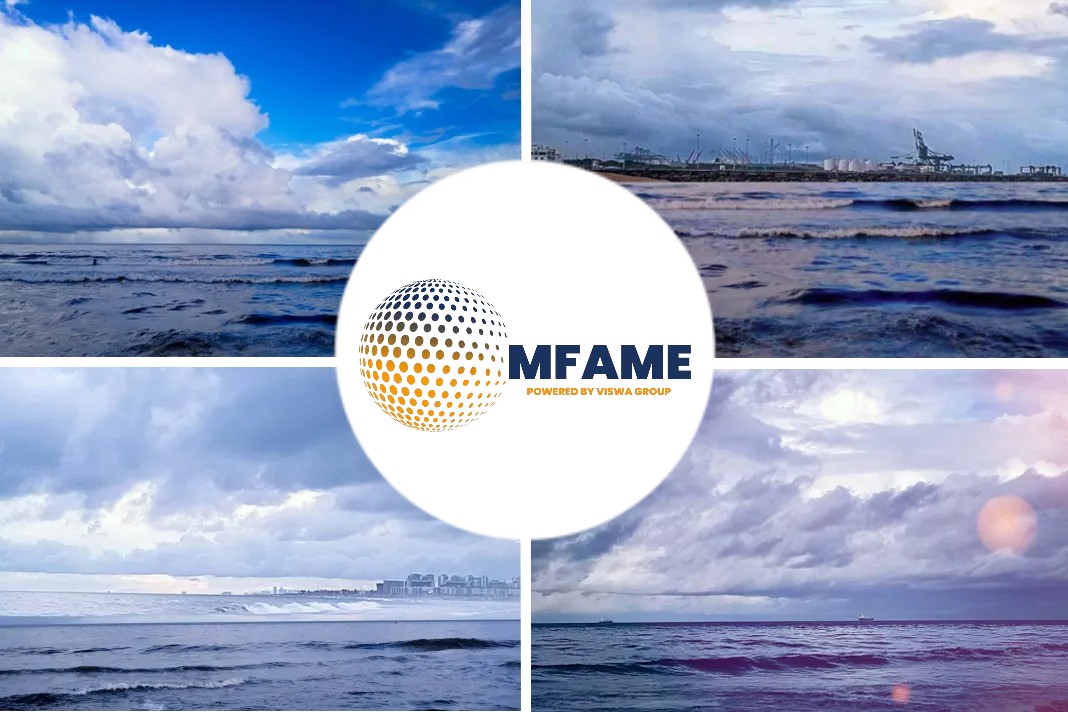
- Nor-Shipping 2023 showcased a plethora of energy-saving devices to meet the challenges presented by the decarbonisation targets of 2030 and 2050.
- Scope 3 requires owners to report on emissions caused by the production and distribution of vessel equipment, spare parts, and fuel.
- Achieving Scope 3 compliance will require a shift in thinking, culture, and business models.
However, there was less emphasis on an equally pressing issue – Scope 3. The shipping industry has always been adept at finding engineering solutions to meet environmental regulations. From double hulls for tankers to scrubbers, ballast water treatment and alternative fuels, innovation has driven shipping forward to meet new environmental regulations.
Nor-shipping 2023
At Nor-Shipping 2023, a wave of announcements showed how the shipping industry was closing the gap on requirements for EEXI, EEDI, and CII, and the key targets set for 2030 and 2050.
Energy-saving devices were much in evidence: Alfa Laval showcased its OceanGlide hull air-lubrication system, while Danish tanker operator Terntank and Kongsberg Maritime received the 2023 Nor-Shipping Next Generation Ship Award for tankers featuring wind-assist technology.
A justifiable self-congratulatory atmosphere wafted through the exhibition halls and among the parties taking place on the Aker Brygge.
But while so much attention focussed on clever engineering solutions, a far bigger, potentially game-changing regulation remains on the horizon in the shape of Scope 3.
Scope 3 compliance
Scope 3 requires owners to report on emissions caused by the production and distribution of vessel equipment, spare parts, and fuel, and to separate emissions from leased-in, leased-out, and owned vessels.
Shipping companies that previously focused only on direct emissions generated by their vessels must now track their emissions throughout the entire supply chain. Owners will have to go to all their suppliers and request this information.
Scope 3 applies to services providers, too. Ship brokers, ship agencies and all those along the value chains will be asked to present emissions data – an expensive investment in time and resources.
The EU Scope 3* emissions disclosure requirements apply to large corporations from 2025 and to smaller companies from 1 January 2026.
Emission data gathering
The scale of the task involved in gathering the required Scope 3 emissions data, which will apply to US-listed companies** too, appears to have gone largely unnoticed.
The exception proves the rule at Nor-Shipping came in the shape of Frontline Management, which took part in a technical seminar with emissions software and AI provider, Arundo Analytics.
For a tanker owner, there can typically be 3,000 purchase orders a year, and under Scope 3, each individual supplier will have to provide the emissions generated in fulfilling those orders into Frontline Management’s Arundo Analytics CarbonPath emissions management system. This will allow the tanker owner to track its Scope 3 emissions.
Scope 3 to be bigger than decarbonization
Achieving Scope 3 compliance will require a shift in thinking, culture, and business models. It could provide a competitive advantage to those companies that invest in meeting its requirements, potentially triggering a wave of collaborations and M&As among equipment and service providers.
Those companies that are ahead of the curve in terms of Scope 3 will gain a competitive advantage and help future-proof their businesses. By Norshipping 2025, Scope 3 could be an even bigger topic than decarbonisation was in 2023.
* Regulation (EC) No 1893/2006. Phase-in of Scope 3 GHG emissions data for transportation within two years of 23 December 2020 and within four years of the same date.
** Listed companies to report Scope 3 emissions from February 2025.
Did you subscribe to our Newsletter?
It’s Free! Click here to Subscribe.
Source: Riviera















